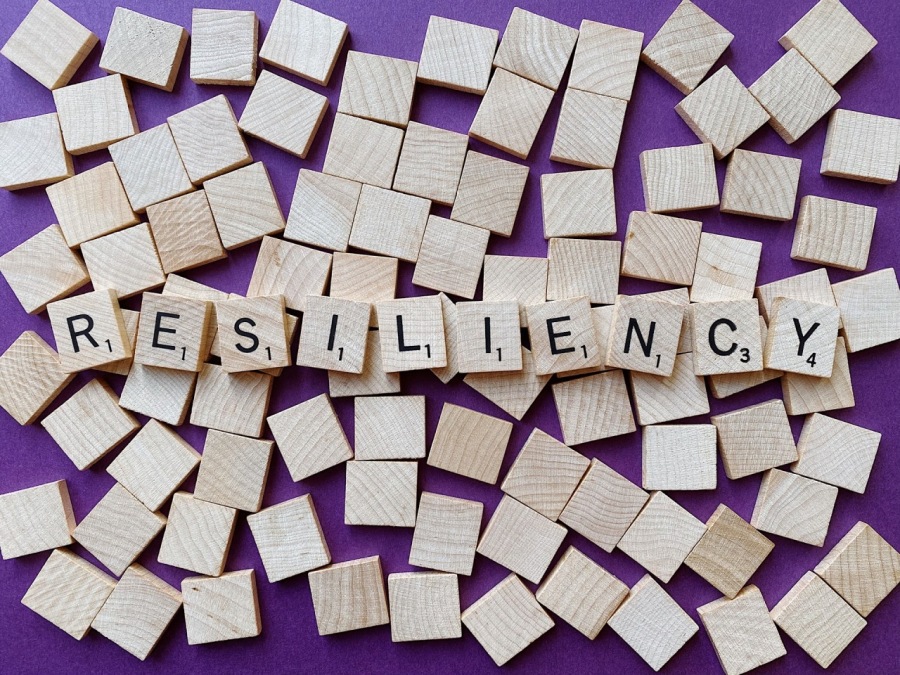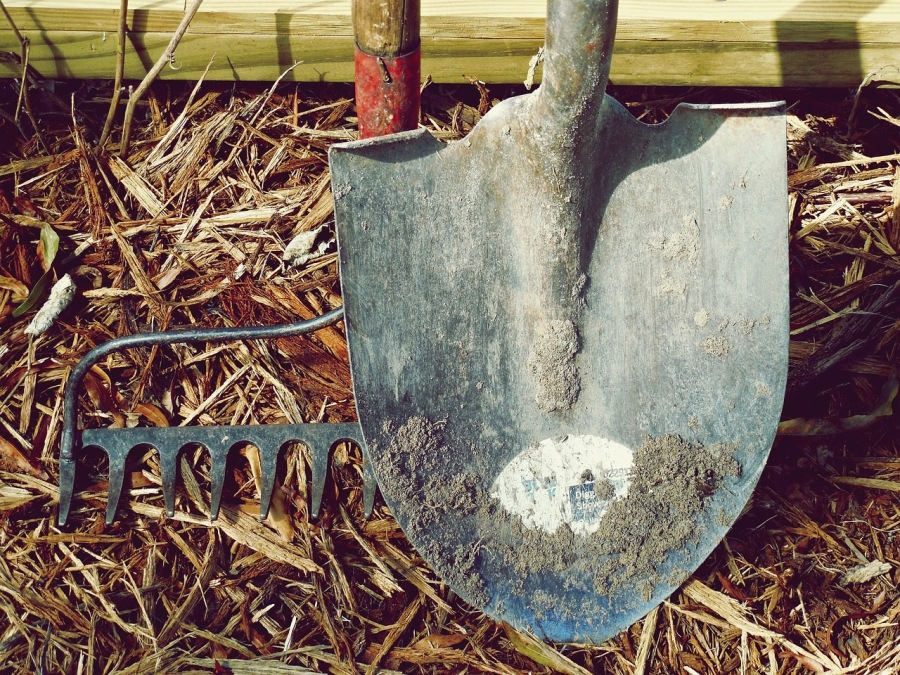Better Understanding and Practicing Resilience

Resilience seems to be an fuzzy, abstract word. There are long lists of quotes on what it is, aimed at educating and inspiring us. Knowing how we can best become resilient is more complex. Maybe if we learned what it is and what specifically to do, we’d increase the odds of succeeding and benefiting.
“Resilience is the capacity to spring back from challenges. The more psychological antibodies one possesses, the easier it is to spring back,” says Steven M. Sultanoff, Ph.D., a licensed psychologist, therapeutic humorist and professor in the Masters Program in Psychology at Pepperdine University.

This is accomplished in our minds by the words we use to communicate with ourselves.
“Psychological antibodies are developed to a great extent when people embrace accurate and true thinking as opposed to negative thinking,” Sultanoff says. “Depowering language such as ‘I must, should, ought to, need,’ depletes resilience. Empowering language such as ‘I want, prefer, would like,’ enhances resilience.”
What influences and persuades how we communicate with ourselves that further programs our feelings, beliefs, attitudes and affects resilience is how we frame experiences, Sultanoff says.
“Here is a simple example, he says: ‘my mother wants me to attend her dinner party with her friends. I know I ‘should’ go, it is what a good daughter does, but I so dislike these events. I just do not want to be there. However, I also know it is important to her. The choice to go or not to go is not the issue, but the thoughts about going or not will either leave her feeling fine or distressed depending on her view of going or not going.”
We have more autonomy and authority over our resilience in most experiences than we realize.
“The resilient individual who chooses to attend may see attending as a gift to her mother; a choice to be kind to her,” Sultanoff says, yet also adding “a resilient individual may also see choosing not to go as self care taking.”
Again, framing creates perspective. Resilience is a fuzzy skill to understand, learn and develop into a competence or strength yet Sultanoff outlines helpful recommendations.
“There are many factors that can add to daily resilience building,” he says, stressing where to start, which is not something we likely consider often, if at all. “Have a plan. We are genetically encoded to desire achievement. Having a plan helps us to achieve.”
At that point, it is beneficial to aim for likely “wins” or progress. Being honest with ourselves as to what is possible in the moment and short term is important and helps stimulate success.
“Make the goals for the achievements attainable,” he says.
After devising a wise, specific plan and recognizing and pursuing goals that are likely to be accomplished, the next step is to respect reality, with poise.
“Accept that you may not achieve everything you plan, and embrace the concept that not reaching an achievement goal is okay and, in fact, does not influence your personal competency or value,” Sultanoff says.
Developing a specific, intelligent plan, recognizing and pursuing goals with a high probability of success and being honest about reality, the next step recommended is instituting a strategy that includes and balances simplicity and complexity.
“Have both simple and complex tasks on your agenda,” Sultanoff says.
The value of this balanced strategy and practice is clear.
“Accomplishing simple tasks can activate a sense of accomplishment while working on more complex tasks may lead to challenges. Having some successes with the small tasks adds to your resilience to forge ahead without being discouraged when faced with the challenges of more complex tasks.”
Once a smart plan is developed and goals are defined that are attainable and we respect challenges and pursue simple and complex goals, Sultanoff offers a final recommendation that proves as an undervalued catalyst for resilience.
“Embrace playtime. Playtime builds psychological antibodies and counteracts the toxins of personal and professional challenges,” he says. “Play reinvigorates us, providing energy to move forward. Included with play, pursue some ‘light’ moments by embracing humor. Experiencing humor can be through receiving humor from others, sharing humor with others, looking for the humor around you, and observing planned humor such as sitcoms, movies, stand-up (comedy), etc.”
Another valuable benefit to becoming more skilled in resiliency is how others view you, whether in your personal or professional life. There is a valuable reputation that is often gained that we likely don’t realize.
“As a resilient individual you project a presence of centeredness,” Sultanoff says. “You will likely be seen as confident, calm, approachable, unshakable, and productive while at the same time your passion about your personal and professional life will blossom.”
This could stimulate additional positive impressions in the minds of other people.
“You will be seen as a thoughtful risk taker, willing to try new things, being confident you can manage whatever comes your way. Others will know that when you are diverted off your personal or organizational path that you will be the one who can recover and forge ahead,” Sultanoff says.
This resiliency applied, regularly or in crisis, will reveal an intangible quality highly valued, especially within an organizational context.
“Because you are resilient and a risk taker, you will also be experienced as creative. To be creative you must be able to trust that you can recover from whatever challenges your creativity generates,” Sultanoff says.
In the end, this can prove to be of tremendous career capital, he says.
“Others will perceive you as someone who is capable of leading the way.”
Michael Toebe is a specialist for reputation, professional relationships communication and wiser crisis management, serving individuals and organizations. He writes the Red Diamonds Newsletter, a weekly publication on Medium, writes the Red Diamonds Features publication and hosts the Red Diamonds Podcast with Michael Toebe.
Articles from Michael Toebe
View blog
Humanity and relationship-focused behavior in business and the workplace can pay dividends, from hig ...

Rock bottom. No one wants to be there yet people end up in the pit anyway. Sometimes, that’s been, i ...

Disputes and conflict do not always bring out our best selves. We tend to want to avoid both or figh ...
You may be interested in these jobs
-

Adult Education Faculty
Found in: Lensa US Remote C2 - 2 days ago
State of Georiga United States Remote jobThe Adult Education Teacher is responsible for classroom instruction and evaluating students' progress in attaining goals and objectives. Payment method for employees assigned to this job is on an "hourly basis." MAJOR DUTIES Prepares lesson plans fo Education, Faculty, Adjunct, ...
-

Marketing Assistant
Found in: beBee S2 US - 1 week ago
Dynamic Branding East Los Angeles, United States Full timeMarketing Assistant | Immediate Start available · On-site, CA · Do you have a keen interest in marketing? · We have a role here at Dynamic that could be right up your street We're looking to add a Marketing Assistant to our team starting immediately. It's an entry-level marketing ...
-

Part Time-Attendant Child Care
Found in: One Red Cent US C2 - 6 days ago
Plano, Texas, United States Plano, United States Part timeJob Description We are Invited. · At Invited Clubs, work feels like play as you build relationships with your team and meet Members from all different backgrounds. Every time you step foot in your Club, you can create magic moments and enrich lives. We are passionate about bring ...
Comments